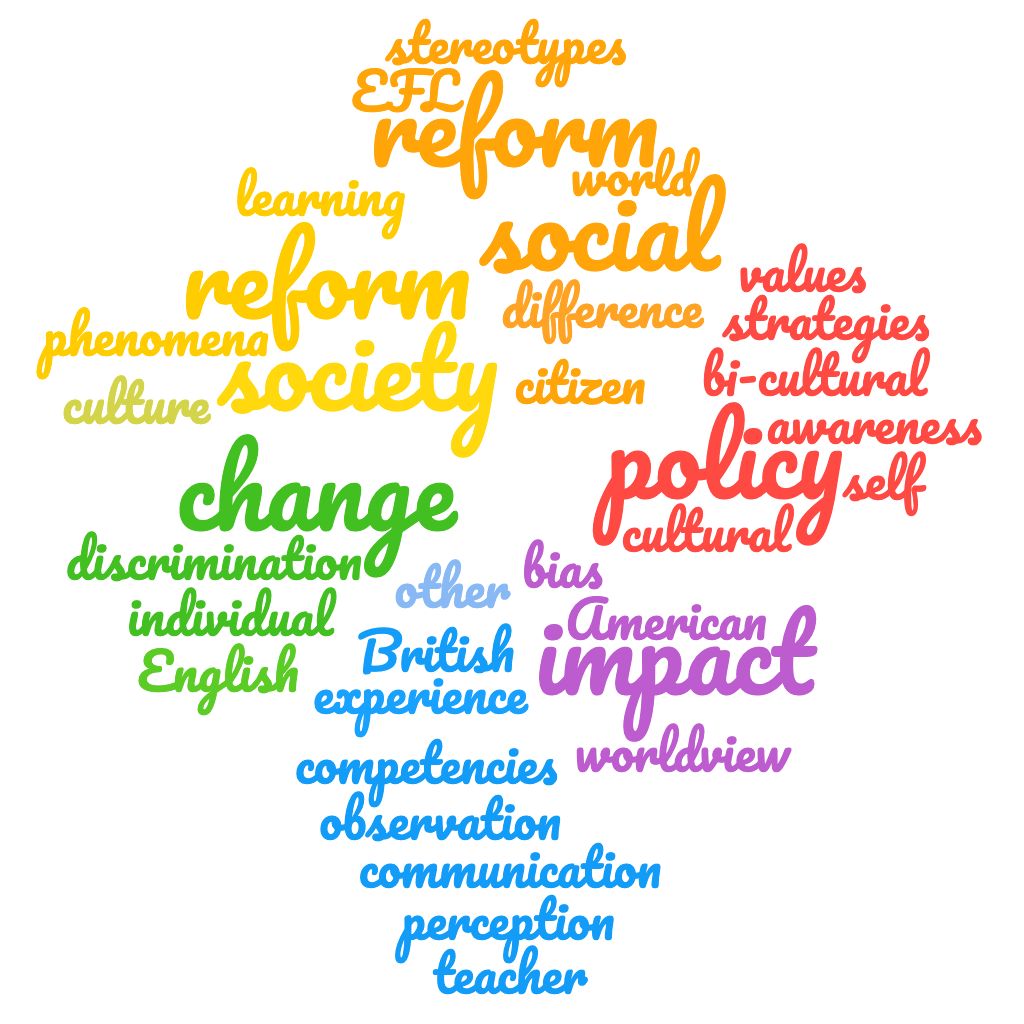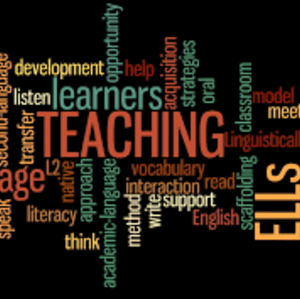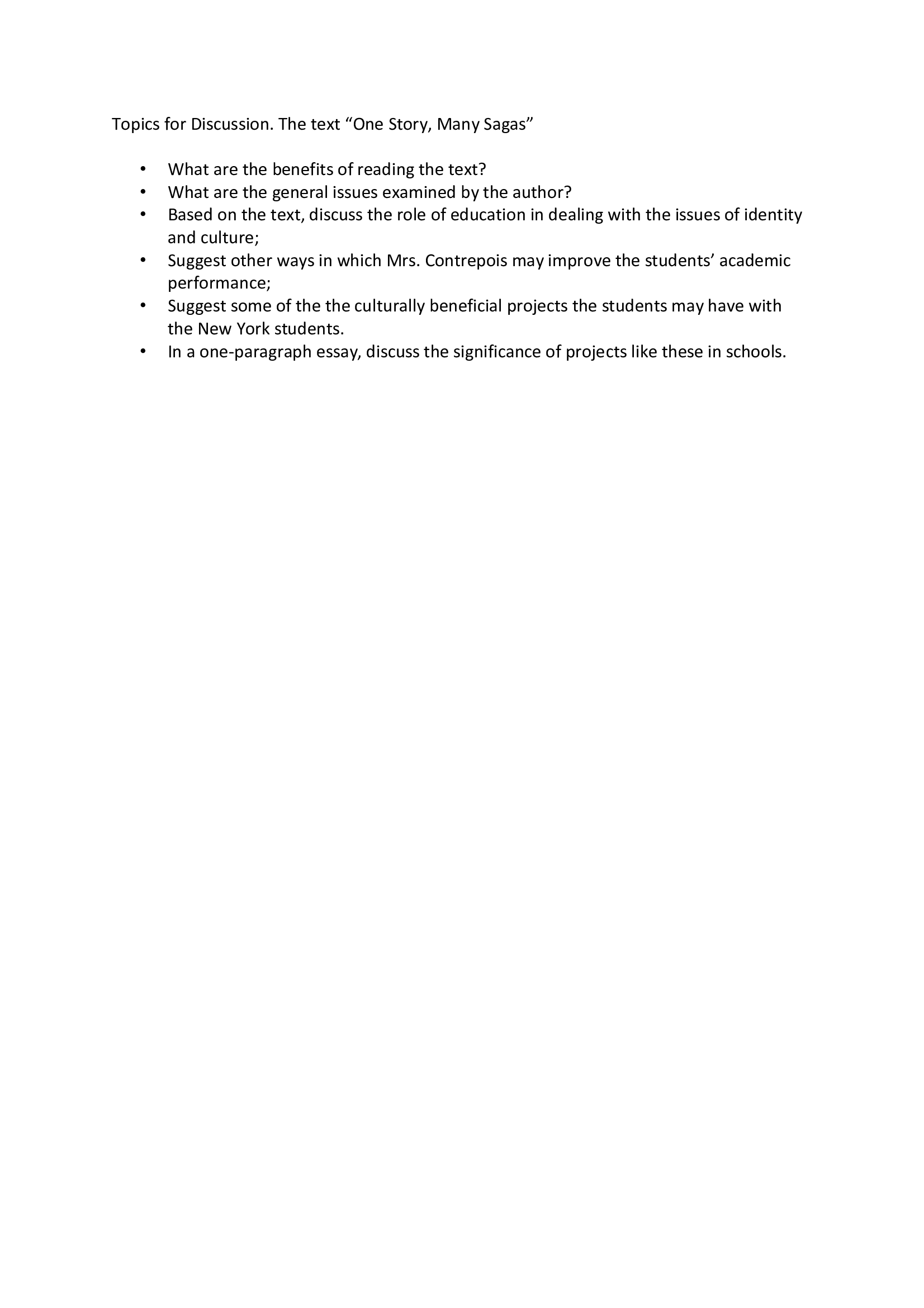 ESEFA COURS
ESEFA COURS
6 Cours

Cultural Awareness in TEFL
Cultural Awareness in TEFL: Rationale & Learning Objectives
An integral part of teaching a foreign language such as English is the teaching of its culture. For the last few years, during the age of reforms and social turmoil and cultural changes, the new teaching paradigm, on its part, has actually reconsidered the serious gaps the incorporation of cultural knowledge, awareness, and understanding in the teaching of EFL syllabi. To incorporate sociocultural factors into the classroom is a need that has been recognized by language teachers, language policy makers, and language learners themselves worldwide. The new teaching paradigm, within the national pedagogical reform framework, and almost by the same token the European framework, has increasingly called for the incorporation of both the learner‟s culture and the target one in the classroom so as not to circumscribe the program to the teaching of grammar, syntax, phonetics, and some of the social conventions associated with English; a fact that has really denied the learner genuine insights into the nuances of the daily lives (culture) of the people whose language the learner wants to speak.
From these preliminary remarks emanates the ultimate objective of this module: the latter is designed in such a way as to help students learn:
- cultural learning competencies (skills),
- cultural learning strategies,
cultural observation skills,
Ultimately to raise the learner's/trainee's cultural awareness not only of the target language (English) but also of their own cultural values and biases .
Learning Objectives: (Profile of a Bi-cultural Teacher)
Upon successful completion of the course, trainees will be able to:
a. Discuss how their own cultural experiences influence their worldview, expectations, and communication styles.
b. Explain the ways in which various identities influence a person's sense of self, worldview, and life experiences.
c. Recognize stereotypes, prejudice, and discrimination and discuss how these phenomena impact one's sense of self and perceptions of others.
d. Compare and contrast trends in worldview, values, and communication styles.
e. Facilitate appropriate discussions regarding cultural differences with individuals who are culturally different from themselves.

Methods and Approaches
This module introduces the students to the different Methods and Approaches used in English Language Teaching. The module focuses on the different methods in ELT following their historical development. The content of the module is as follows:
- Grammar Translation Method.
- The Direct Method.
- The audio-lingual Method.
- The Silent Way.
- Suuggestopedia.
- Community Language Learning.
- Total Physical Response.
- The Natural Approach.
- Multiple Intelligences.
- Eclecticism.
- Communicative Language Teaching.
- The Lexical Approach.
- Task-based Approach.
- Content-based Approach.
- Competency-based Approach.
- Standard-based Approach.
- Post-method.

Professional Ethics and Educational Values
This course examines professional ethics and educational values through students learning and analyzing the foundations of personal values and ethics. Students will examine different aspects of culture and how those aspects influence different ways of thinking and why the importance of values differ from person to person. Students will become self-aware of their values through critical thinking, focused on perceptions, assumptions and judgements. As students become self-aware, they will self-reflect on their personal code of conduct and learn the importance of general ethics and professional ethics through analysis questions, hypothesis questions and evaluation questions. Through these activities students will gain knowledge on how to address ethical dilemmas that may arise in a teacher to teacher, teacher to student and teacher to parent situation. By engaging in problem-solving and discussions based on fictional and real situations, students will understand that their position as a teacher expands beyond an educator to a role model and influencer in their future students’ moral development. Pupils will more deeply understand their social responsibility that is entwined with their profession. Students will gain knowledge on important educational values through sources such as videos and articles and evaluate resources to become aware of their own values and consider different perspectives and approaches. Other topics to be included in this course are the importance of inclusion, diverse resources and intercultural communication in the classroom.

Reading in Culture
To provide the students with cultural background and a wide range of cultural content of Western and Moroccan culture.


